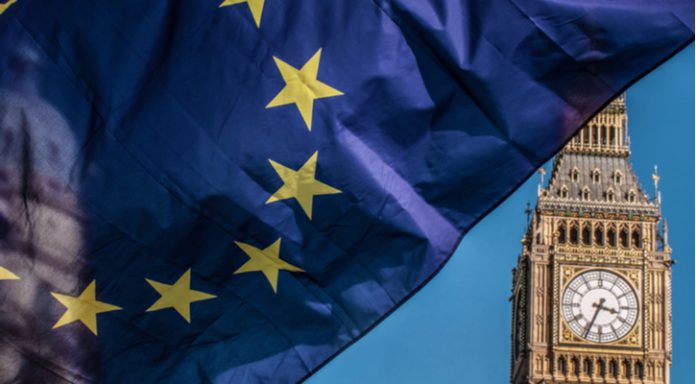The pound euro exchange rate ended the previous week at approximately the same level that it started, at €1.1310. The pound fell against the euro during the first part of last week but regained all the losses in the final few days of trading.
| What do these figures mean? |
|---|
|
When measuring the value of a pair of currencies, one set equals 1 unit and the other shows the current equivalent. As the market moves, the amount will vary from minute to minute. For example, it could be written: 1 GBP = 1.13990 EUR Here, £1 is equivalent to approximately €1.14. This specifically measures the pound’s worth against the euro. If the euro amount increases in this pairing, it’s positive for the pound. Or, if you were looking at it the other way around: 1 EUR = 0.87271 GBP In this example, €1 is equivalent to approximately £0.87. This measures the euro’s worth versus the British pound. If the sterling number gets larger, it’s good news for the euro. |
The pound managed to move higher versus the euro despite weak data on Friday. Retail sales data showed that the sales grew slower than what analysts had forecast in January. This was the second straight month that sales disappointed showing that the UK consumer was holding back on spending. Inflation is at 3% and wages are increasing at a slower rate. This means that consumers are being squeezed which is preventing then from spending. This is bad news for the UK economy, which is so dependant on the service sector.
| Why does poor economic data drag on a country’s currency? |
|---|
| Slowing economic indicators point to a slowing economy. Weak economies have weaker currencies because institutions look to reduce investments in countries where growth prospects are low and then transfer money to countries with higher growth prospects. These institutions sell out of their investment and the local currency, thus increasing supply of the currency and pushing down the money’s worth. So, when a country or region has poor economic news, the value of the currency tends to fall. |
Optimism over Brexit is helping to support the pound versus the euro. UK Prime Minister met with German Chancellor over the weekend to discuss the post Brexit UK EU relationship. The talks had a positive tone, with Merkel saying that she was curious to know more over what Britain was wanting and hoped to find common ground on future trade goals. However, there was a lack of detail, which investors hope will be fleshed out over the coming weeks as the UK government lays out its post Brexit path in a series of speeches by senior Brexit cabinet ministers. Signs of a close alignment with the UK could help the pound move higher.
| Why is a “soft” Brexit better for sterling than a “hard” Brexit? |
|---|
| A soft Brexit implies anything less than UK’s complete withdrawal from the EU. For example, it could mean the UK retains some form of membership to the European Union single market in exchange for some free movement of people, i.e. immigration. This is considered more positive than a “hard” Brexit, which is a full severance from the EU. The reason “soft” is considered more pound-friendly is because the economic impact would be lower. If there is less negative impact on the economy, foreign investors will continue to invest in the UK. As investment requires local currency, this increased demand for the pound then boosts its value. |
Today is a quiet day for UK economic data, with investors looking towards Wednesday’s wage data for the next potential cause of volatility.
Eurozone Finance Ministers To Meet
With nothing noteworthy for euro traders to sink their teeth into on Friday, the euro dropped lower. Today investors will look towards and eurozone finance ministers meeting, where they are set to discuss how to make the economy more resilient, as well as the macroeconomic outlook and conditions. The eurozone economy has performed well through 2017 and has started 2018 on the front foot. Confirmation of this through encouraging headlines from the eu eurozone finance ministers meeting could give the euro a boost.
|
This article was initially published on TransferWise.com from the same author. The content at Currency Live is the sole opinion of the authors and in no way reflects the views of TransferWise Inc. |





